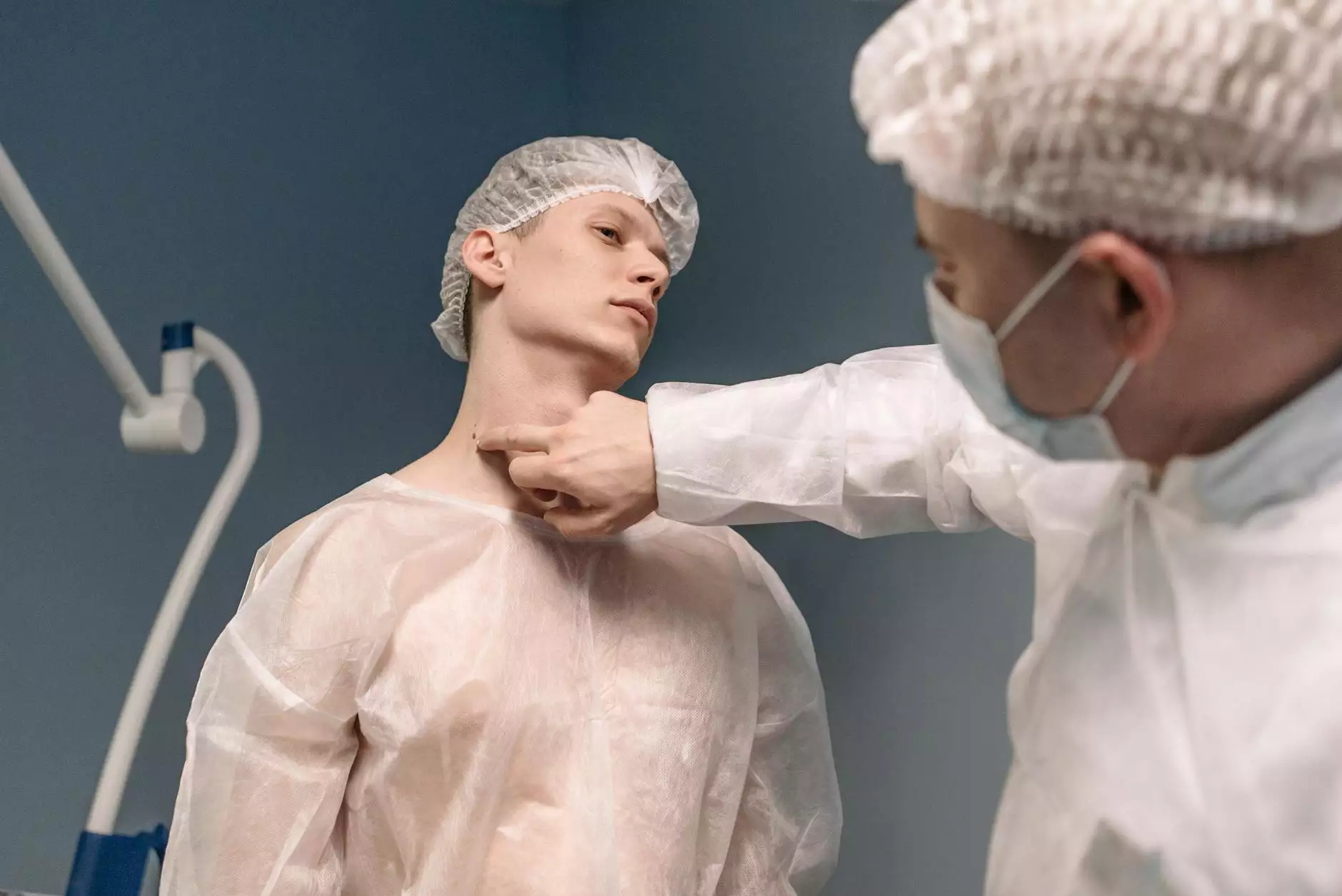When Should You Get Cataract Surgery?
Health
Understanding the Importance of Cataract Surgery
Cataracts can significantly impact your vision, making daily activities challenging and affecting your overall quality of life. When visual impairment hinders your ability to perform routine tasks and enjoy your favorite activities, it may be time to consider cataract surgery.
Recognizing the Symptoms of Cataracts
Early symptoms of cataracts may include blurred vision, increased sensitivity to light, difficulty seeing at night, and the appearance of halos around lights. As the cataracts progress, colors may appear faded, and you may experience frequent changes in your eyeglass prescription. If these symptoms persist and significantly affect your daily life, seeking medical advice from an ophthalmologist is imperative.
Assessing the Risks and Benefits
Cataract surgery is one of the most common and successful surgical procedures, with a high success rate in restoring vision and improving quality of life. However, like any surgical procedure, it carries some risks. It is important to consult with your ophthalmologist to understand the specific risks and benefits based on your individual circumstances.
Factors That Influence the Decision
Several factors determine when cataract surgery is necessary. Age is a key consideration, as cataracts are typically age-related and tend to worsen over time. However, the decision is not solely based on age; instead, it depends on how significantly the cataracts affect your vision and daily activities. Your ophthalmologist will evaluate your visual impairment and discuss the potential benefits of surgery.
A Comprehensive Approach to Evaluate Cataracts
An ophthalmological evaluation involves a thorough examination of your eyes to determine the severity of cataracts. The ophthalmologist will assess visual acuity, conduct a dilated eye examination, and explore other potential eye problems that may be contributing to your vision difficulties.
Understanding Age as a Factor
While age alone is not the sole determinant, it plays a significant role in deciding when to proceed with cataract surgery. Cataracts commonly develop in individuals over the age of 60, but they can also affect younger people. If age-related cataracts impair your vision and affect your daily activities, it may be appropriate to consider surgery.
Considering Lifestyle and Visual Needs
Your lifestyle demands and visual needs also impact the decision. If you lead an active lifestyle and depend on clear vision for work or hobbies, cataract surgery may be necessary earlier than for someone with less visually demanding activities.
The Cataract Surgery Procedure
During cataract surgery, the clouded lens causing vision problems is removed and replaced with an artificial intraocular lens (IOL). The procedure is typically performed on an outpatient basis, and modern techniques, such as phacoemulsification, offer quick recovery times and minimal discomfort.
Recovery and Visual Rehabilitation
Following cataract surgery, a short recovery period is usually required, during which you may experience slight discomfort and sensitivity to light. Most patients notice improved vision within a few days, while some may take a few weeks to fully recover. Your ophthalmologist will provide specific post-operative care instructions and follow-up appointments to monitor your progress.
Conclusion
Ageless Wisdom Magazine understands the impact of cataracts on lifestyle and visual well-being. We strive to provide valuable insights into maintaining excellent eye health. When considering cataract surgery, it is important to consult with an experienced ophthalmologist, who can guide you through the decision-making process and ensure the best possible outcomes.




